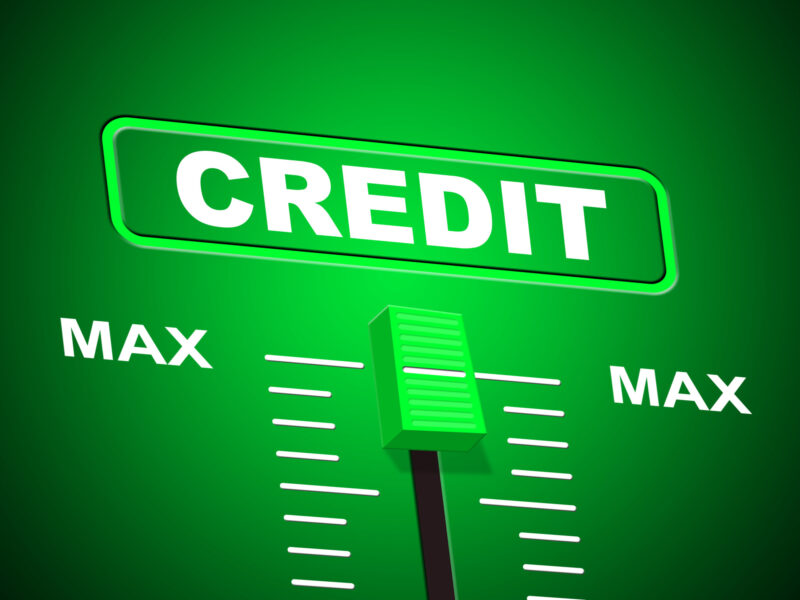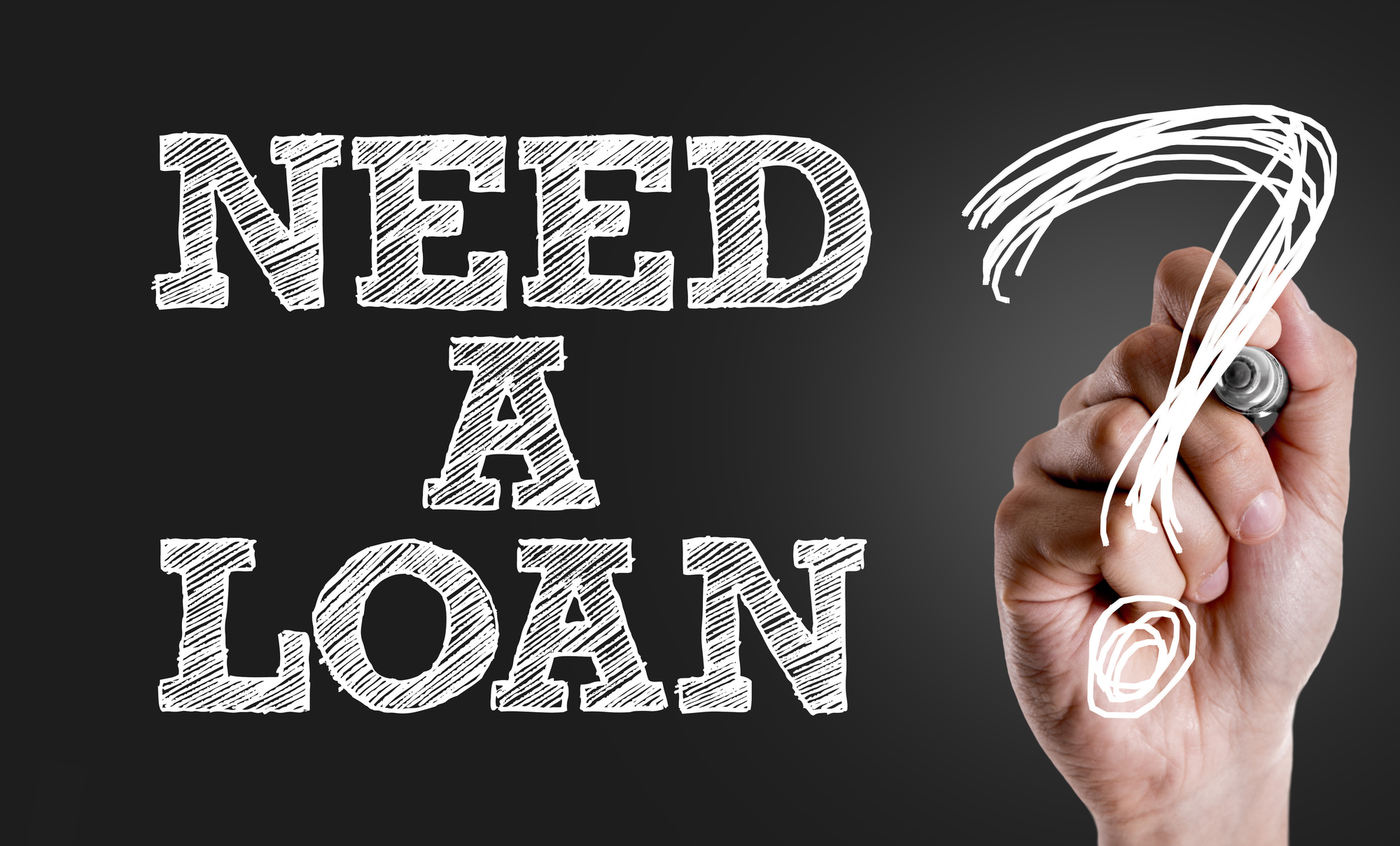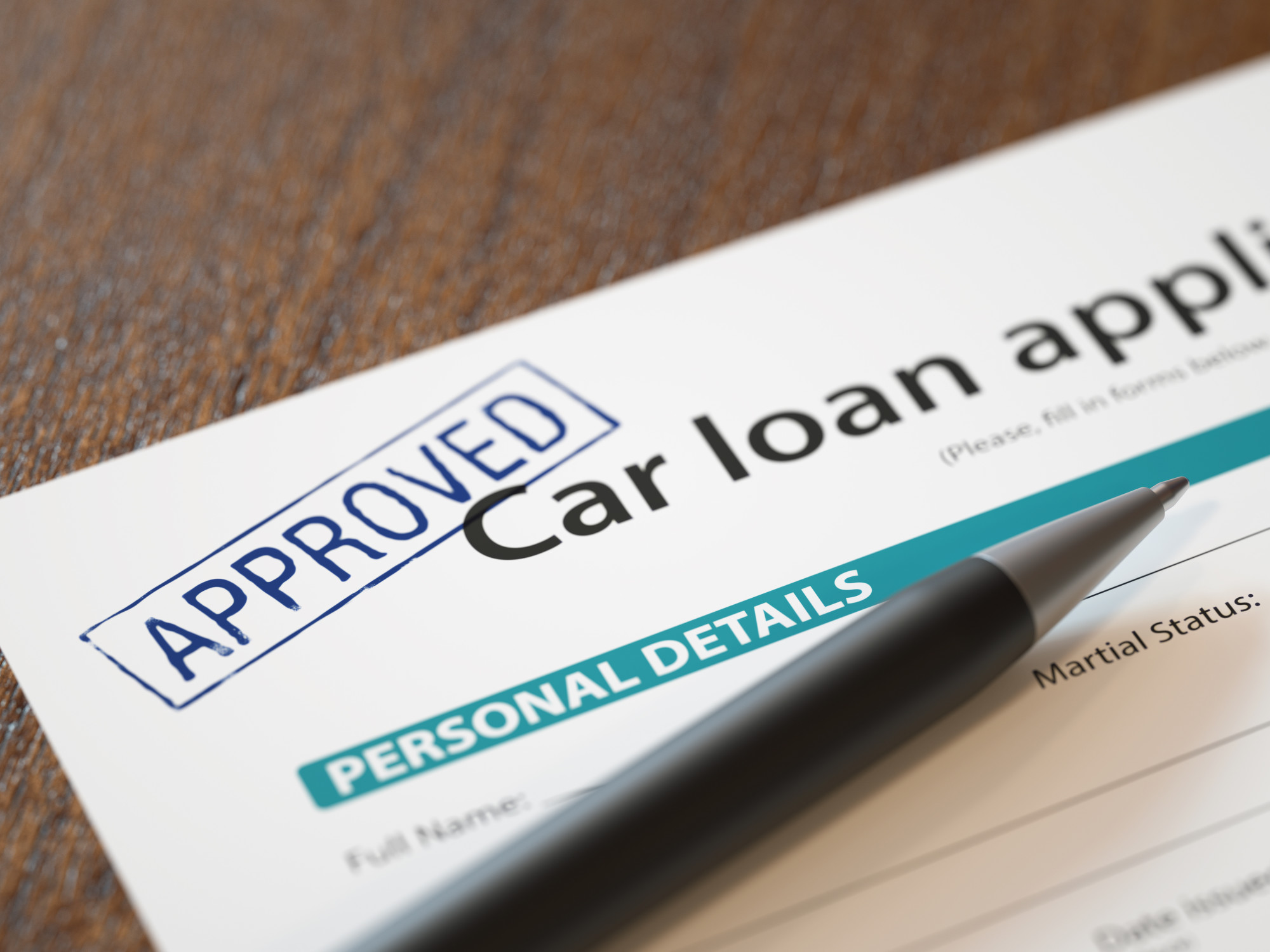With 47% of Americans carrying credit card debt, it’s important that you avoid slipping into financial hardships. Credit is a wonderful option, and it’s crucial to know how to use it efficiently, so your credit score doesn’t suffer.
If you can pay for things on time, you’ll notice that it will be much easier for you to get approved for bigger fiscal commitments. Avoiding these common mistakes with credit scores will get you on the right path to keeping your finances in check.
Ready to learn more? Let’s get started.
1. Not Paying Your Bills on Time
One of the first things you should keep in mind when swiping your credit card is if you’re able to pay off the bill at the end of the month promptly. Your payment history has a big impact on your credit score, and even one missed payment could cause it to decrease.
Luckily, late payments are only reported if you’re late by 30 days or more. Be diligent and try to pay on time to avoid any headaches.
Many people believe that checking your credit score can hurt you in the long run, but this is a great place to start if you’re looking to make a financial safety plan.
2. Maxing Out Your Credit Card
It’s so common to max out your credit card that many banks set a specific limit on how much you can spend. Your credit utilization ratio accounts for about a third of your credit score, and it’s determined by the amount of credit available to you.
So if you’re maxing out your card, the more it can hurt your score. Keep your credit utilization rate low.
3. Applying for Multiple Credit Cards at Once
When you apply for credit, the lender checks your credit report. If you’re applying for multiple credit cards in a short period of time, it can harm your score. Creditors will view you as a riskier borrower, and you’re less likely to get approved.
4. Not Using Any Credit
It may seem scary to think about acquiring debt, but that doesn’t mean you should avoid credit altogether. You may think this will help you, but it can actually hurt you in the long run.
Building credit will help you buy a home, get loans, repair a roof, and generally make your life easier. Without a credit history, you don’t have a credit score.
5. Only Making Minimum Payments
Sure, it’s great that you’re making any payment at all toward your credit card debt, but paying only the minimum on cards that carry interest will cost you more money in the long run. You’ll want to try and pay off as much of your monthly debt as possible. Otherwise, your score will begin to reflect those minimum payments.
6. Closing Credit Card Accounts
About 15% of your credit score is determined by the average age of your credit accounts. This means that the longer you have an account, the more it’ll benefit your score.
Unfortunately, it also means that closing your credit card account won’t help with raising your score. This is particularly true for an account that you’ve had for several years. It’s better to keep the account open.
Avoid These Mistakes With Credit Scores
It’s no secret that good credit is important. Even if you’re afraid of opening up a credit card account, a lot of bigger decisions will depend on your credit score. Instead of avoiding the inevitable, learn how to use credit responsibly.
The first step is to learn the common mistakes with credit scores and how you can avoid them. After that, you’ll have a much better idea of how to improve credit and your life.
Looking for more articles like this? Be sure to check out the personal finances section of our blog!




